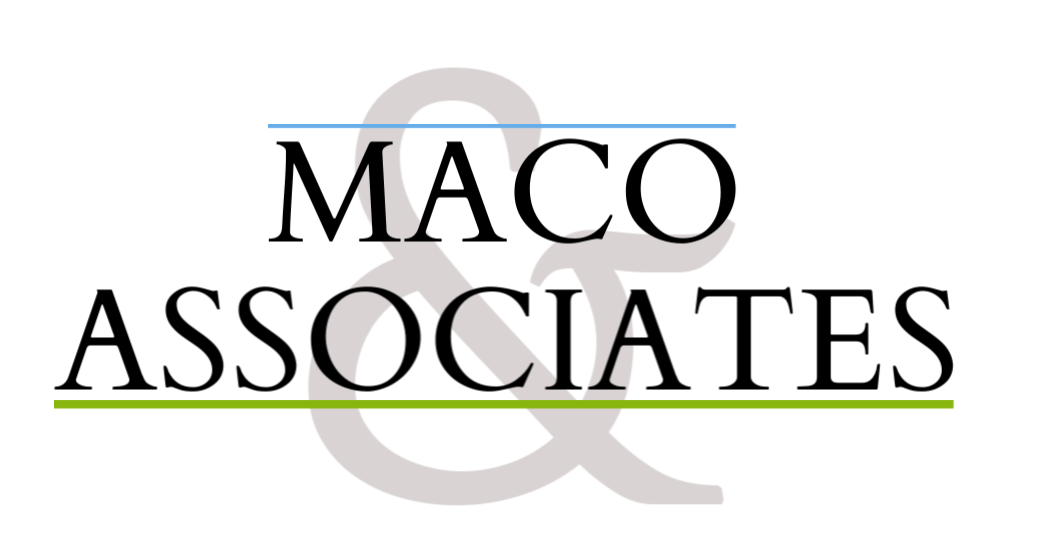For small businesses, there’s more to this code than you might know
As you may know, the 2017 Tax Cuts and Jobs Act brought about numerous changes to the tax code starting in 2018. However, you may not have heard of one of the more notable new additions to the tax code, and it could have a profound effect on your taxes if you have your own business or if you are a shareholder/partner in a business. Starting in 2018, there is now a new deduction available, called the qualified business income deduction, or QBI deduction for short. The QBI deduction allows individuals to deduct 20% of certain business income from their taxable income, meaning that they are only taxed on 80% of the total income. This can lead to a substantial reduction in taxes for those who take advantage of it. However, there are some key conditions and qualifiers that limit individuals’ ability to take a deduction:
- The deduction is available for 20% of your net qualified business income, which means that it is the result of adding all your gains and subtracting all losses. For instance, say that you have a $10,000 gain from a sole proprietorship, but you are also a 50% partner in a business with a $5,000 loss. Your share of the loss of the partnership would be $2,500. In this case, you would take the net of your gains and losses, resulting in a $7,500 net qualified business income. If all other factors allow you to take the deduction, then this would result in a $1,500 (20% of $7,500) deduction on your tax return.
- The nature of your business is also important in determining eligibility for the QBI deduction. Certain types of businesses – deemed specified service trades or businesses, or SSTBs for short – actually face an income threshold that other businesses do not, which may limit the deduction. SSTBs are defined as businesses whose principal asset is the reputation or skill of its employees or its owners. Examples of SSTBs include services in the fields of health, law, accounting, performing arts, and consulting. For those whose QBI comes from SSTBs, the deduction is phased out depending on total taxable income. The amounts will be adjusted annually, but for 2019, the phaseout begins at $321,400 and ends at $421,400 for joint filers ($160,700/$210,700 respectively for all others). This means joint files will still be able to take the entire QBI deduction, even if their business income comes from SSTBs, as long as their total taxable income is under $321,400. However, if their income is over $421,400 and their business income comes from SSTBs, they will be ineligible to take the QBI deduction.
We always take great care in assessing each client’s eligibility for every deduction, including the QBI deduction, because it is our mission to ensure that everyone pays as little in taxes as possible. But if you are curious about the QBI deduction and would like to know more about it or if you might be eligible for it, feel free to reach out to us anytime and we’re happy to discuss it with you.


